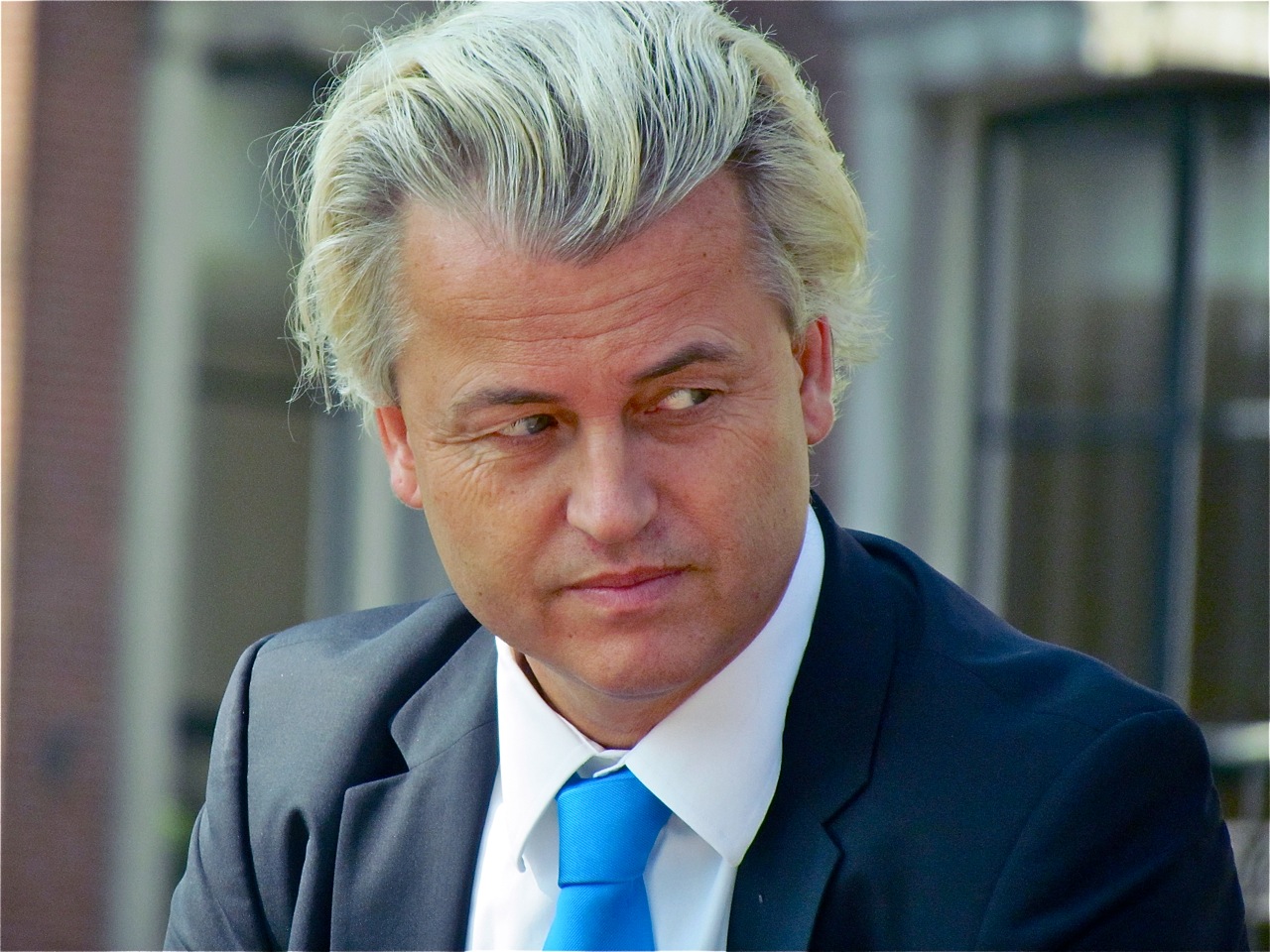Dutch Vote in Test of Populism's Potency at the Heart of Europe

EghtesadOnline: Dutch voters are heading to the polls in a general election that will provide the first gauge of the spread of populism into the core of Europe.
The contest pits Liberal Prime Minister Mark Rutte against his anti-Islam challenger, Geert Wilders, whose platform of pulling the Netherlands out of the European Union and halting immigration attempts to ride the wave of nationalist sentiment that prompted the U.K.’s Brexit vote and catapulted Donald Trump to the White House.
Wednesday’s election in one of the EU’s six founding members is the biggest test of the strength and resilience of the populist surge in 2017, with the outcome viewed as a barometer for votes this year in France and Germany, the two biggest economies in the euro zone, Bloomberg reported.
“We see right-wing extremist parties in the Netherlands, in France, in Italy all arguing they want to have a referendum on EU membership,” Marcel Fratzscher, head of the German Institute for Economic Research in Berlin, said in a Bloomberg Television interview. “If you have a call for that referendum, it’s no longer just a referendum on EU membership but a referendum on the euro. And then we’re very quickly back to where we were in the summer of 2012,” when the euro area faced collapse at the height of the Greek crisis.
About 12.9 million people in the Netherlands are eligible to cast their ballots, with voting booths open between 7:30 a.m. and 9 p.m. Amsterdam time, when an exit poll will be released. Ballots will be counted manually to address concerns about hacking, though the electoral authorities do not expect any delays as a result.
Sending a Signal
Rutte has called on Dutch voters to use the election to send a signal and draw a line in the sand over the spread of populism. Wilders, who has said he would bar immigrants to the Netherlands from Muslim countries, says that he has already won the election because on policies “everyone is moving toward us.”
Rutte’s Liberals are set to take about 27 seats in the 150-member lower house in The Hague, down from 41 seats in the last elections in 2012, according to the latest Peilingwijzer poll aggregator. That compares with 20 to 21 seats projected for Wilders’s Freedom Party, after it took 15 seats in 2012.
Rutte and the other mainstream parties have ruled out entering an alliance with the Freedom Party that makes Wilders’s participation in government unlikely. All the same, with 28 parties contesting the election and as many as 14 of them forecast to enter the parliament, a ruling coalition could comprise five groups or even more -- and take a correspondingly long time to piece together.
Dijsselbloem’s Fate
Among possible coalition contenders are the Christian Democrats, projected to win about 20 seats, the centrist D66 party with about 18 seats, and the Greens, on some 17 seats. Rutte’s Labor coalition partner, including Finance Minister Jeroen Dijsselbloem, is facing its biggest loss in history, with Peilingwijzer showing it slumping to about 11 seats from 38 seats in 2012.
With immigration, integration and health and social care the main domestic campaign issues, international attention has focused on the question of whether Wilders can place first. A diplomatic dispute between the Netherlands and Turkey in the last week of the campaign pushed the election even further into the global spotlight.
Three polls late on Tuesday suggested the spat might influence voting, with all showing Rutte extending his lead and support for Wilders fading. All the same, other surveys showed that as many as two-thirds of the electorate remained undecided on the eve of polling.
Coalition Talks
In their first live debate of the campaign, on Monday evening, Wilders and Rutte questioned each other’s integrity and swapped jibes over credibility. The prime minister said he wouldn’t trust Wilders again after the Freedom Party walked away from supporting Rutte’s first minority cabinet in 2012 during an economic crisis.
The process of forming a government will follow a well-trodden and time-consuming path. Putting together a government has taken an average of 72 days since World War II, with two to five parties in each coalition.
Wilders has questioned whether the other parties will lock him out if his party takes the most seats, saying such an outcome would be “an insult” to voters and lead to government instability.
Investors have yet to show nervousness about increased volatility or a negative fallout on the AAA-rated economy as a result of the election. The Dutch benchmark AEX Index closed down 0.4 percent on Tuesday, in line with European peers, while Dutch 10-year bond yields edged down 2 basis points to 0.705 percent.


